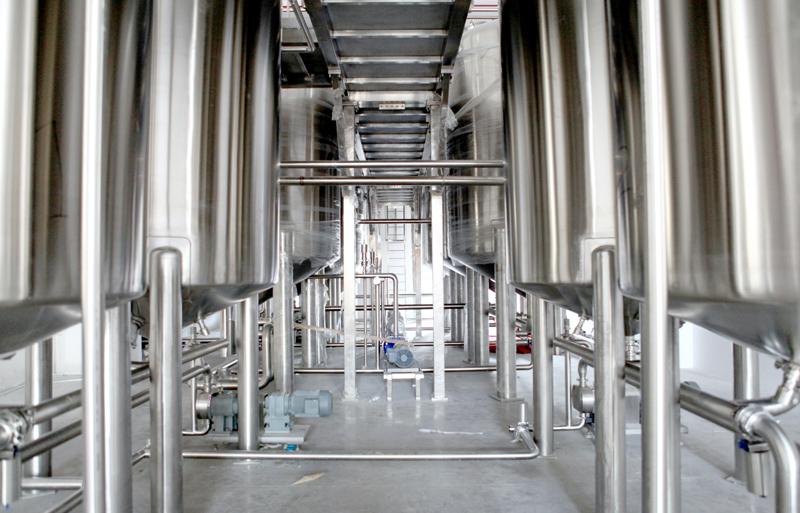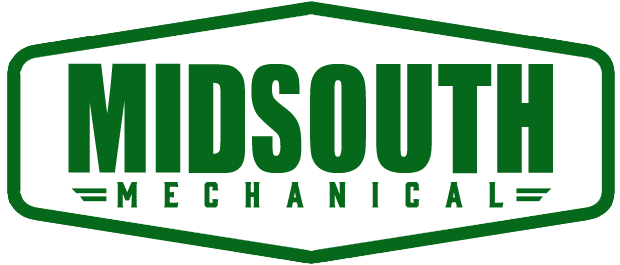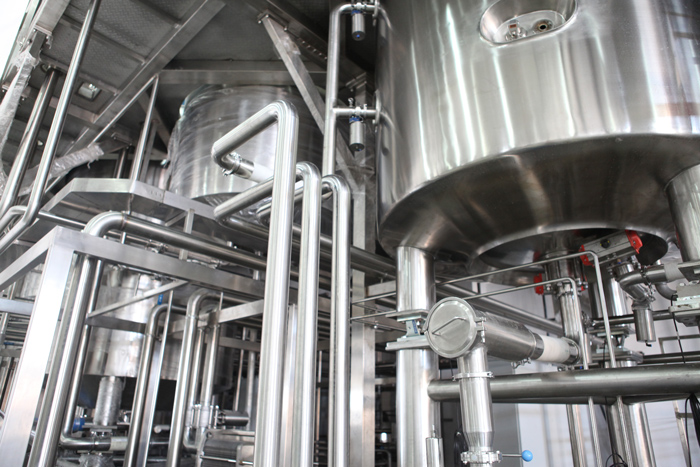Essential Process Piping Maintenance
Effective maintenance of process piping systems is crucial for ensuring operational efficiency, safety, and longevity in industrial settings. Regular and proper maintenance can prevent system failures, costly downtime, and safety hazards. Here are five essential tips for maintaining process piping systems effectively:
1. Regular Inspection and Monitoring
Proactive Approach: Regularly inspecting and monitoring your process piping system is the first line of defense against potential issues. This involves checking for leaks, corrosion, or any signs of wear and tear.
Use of Technology: Employ advanced tools such as ultrasonic testing for detecting flaws or irregularities in pipe walls, and thermal imaging to identify hidden leaks or blockages.
2. Keeping Accurate Maintenance Records
Systematic Documentation: Maintain detailed records of all inspections, repairs, and replacements. This documentation should include dates, findings, actions taken, and any recommendations for future maintenance.
Predictive Maintenance: Use these records to predict when maintenance or repairs might be needed in the future, transitioning from a reactive to a proactive maintenance strategy.
3. Addressing Corrosion and Scale Build-up
Regular Cleaning: Corrosion and scale build-up can significantly reduce the efficiency and lifespan of piping systems. Implement regular cleaning schedules using appropriate methods like chemical cleaning, pigging, or high-pressure water jets.
Corrosion Inhibitors: Consider using corrosion inhibitors and selecting materials that are resistant to the specific types of corrosion prevalent in your environment.
4. Ensuring Proper Support and Alignment
Support Structures: Regularly check the support structures of your piping system. Ensure that pipes are adequately supported and aligned to prevent stress, strain, or sagging that can lead to damage.
Alignment Checks: Misalignment can cause undue stress on pipes, leading to leaks or breaks. Regular alignment checks are crucial, especially after any system modifications.
5. Training and Awareness for Staff
Regular Training: Ensure that all staff members who interact with the process piping system are adequately trained in maintenance procedures and safety protocols.
Awareness Programs: Conduct awareness programs about the importance of process piping maintenance and the role each employee plays in maintaining system integrity.
Remember, effective maintenance of process piping systems is not just about fixing problems as they arise; it’s about preventing issues before they occur. By following these tips, companies like Midsouth Mechanical can ensure their process piping systems operate efficiently, safely, and reliably for years to come.

Our team is here to help.
Contact a project manager today!


